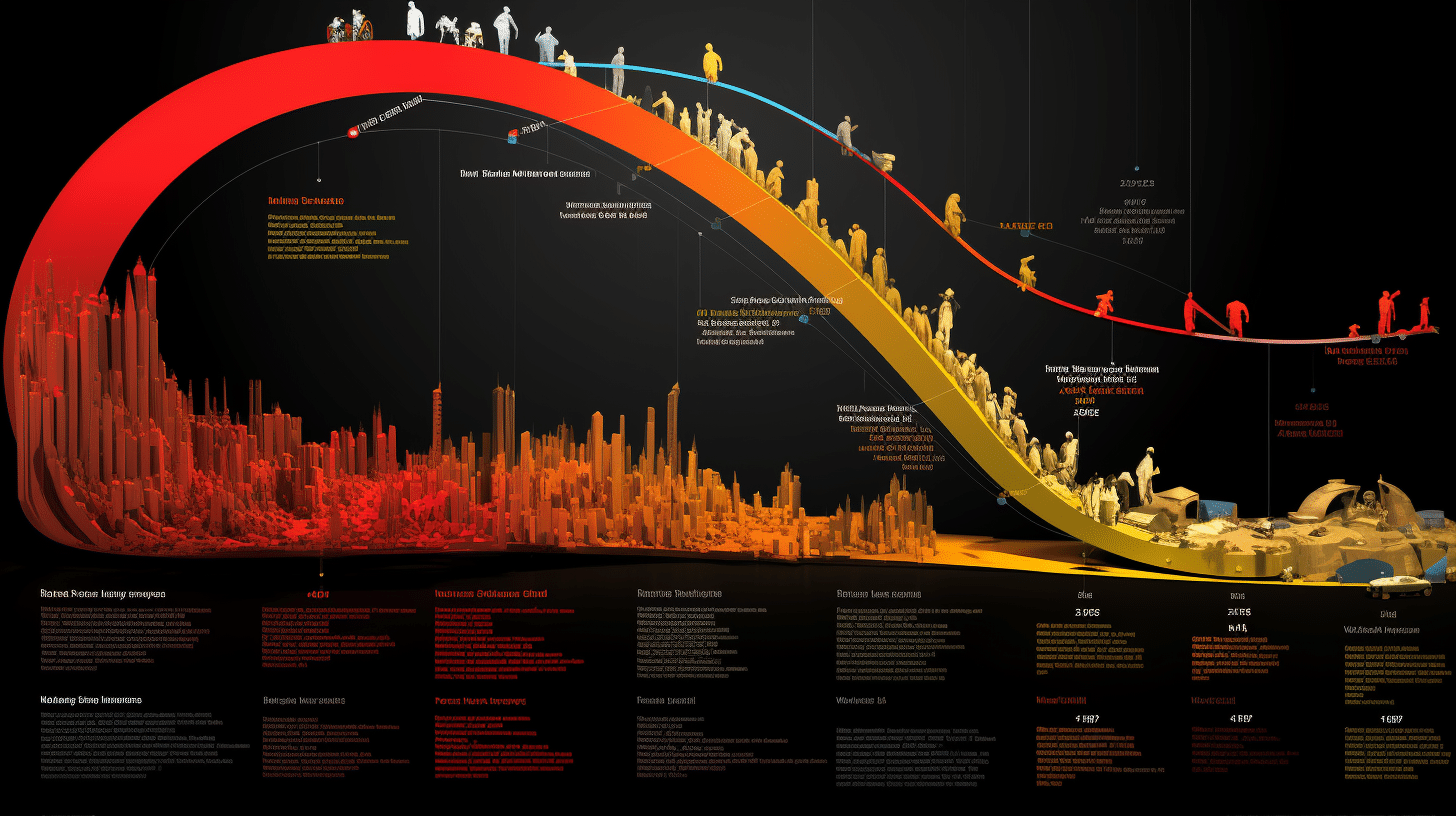HIV/AIDS still has a huge impact in Kenya, and it is still rated among the killer diseases in Kenya. Although a decrease in the mortality has been reported in many areas in Kenya, there is still death occurring due to HIV/AIDS disease. The recent discovery of antiretroviral therapy (ARVs) in Kenya has significantly reduced the number of people dying because of HIV/AIDS. Although this has happen, the disease still has consequences to both the HIV/AIDS infected and affected people in Kenya. The impacts of HIV/AIDS in the society in Kenya include;
Demography
There is a decrease in population growth due large number of people dying in Kenya. There is a decrease in life expectancy in Kenya and a decrease in quality of life generally because the infected people do not live for a long time. For instance when Nyanza region in Kenya used to be the zone of HIV infection, many people died in a village, and there was a replacement in terms of birth expectancy. This leads to decrease in the number of people in that particular village in Kenya.
Households
There is a depletion of income and increase in level of poverty in Kenya due to death of a person who supplied the family members with basic needs. There is a decline in human resource due number of workers of several sectors in Kenya dying of this disease (HIV/AIDS). There is more absenteeism in work. There is an increase in number of orphans in Kenya due to death of either mothers or fathers or both. There is less perceived need for saving and investment as the person who is infected bears in mind that he/she is going to die any time hence feels no need of saving or investing.
Industry and business settings
There is a decrease in labor in Kenya leading to decrease in products and services because there will be abrupt loss of workforce. Due to death there is added recruitment which will take time and also costs to the companies or organizations in Kenya especially when training new workers as a way of replacing who have been affected by the disease (HIV) or have died due to HIV/AIDS
Agriculture
There is a decrease in productivity in families or products or expertises therefore increase food insecurity in Kenya because the energetic people who are working in the farms have been weakened by the disease. The most people who work in our farms are the youth and they are the same group who are severely affected by the disease (HIV) hence dropping of the workforce numbers leading to low production in the agriculture sector in Kenya.
Education sector
There is a decrease in quality of education in Kenya due to increase in mortality rate, decrease in number of children going to school, absenteeism of teachers that contributes to poor performance in class.
Health sector
There is pressure in the health budgets in Kenya, which means increase in expenditure to cater for patients in Kenya who are admitted for palliative care due HIV/AIDS disease. Other health problems in Kenya have been delegated to less importance, increased hospitalization causing bed shortage. Decrease in quality of health care is due to the number of high HIV patients and yet there is a little number of health care workers in Kenya working in the majority of health facilities in Kenya.



0 comments